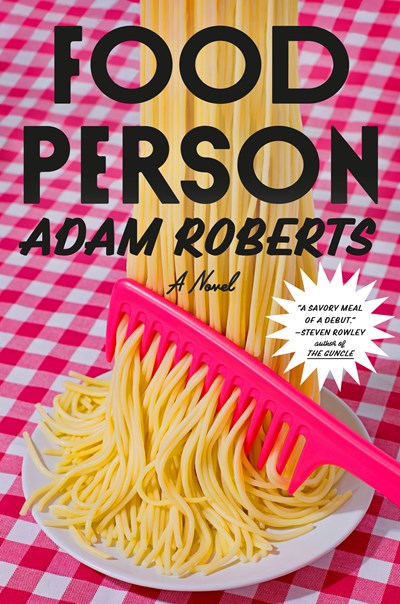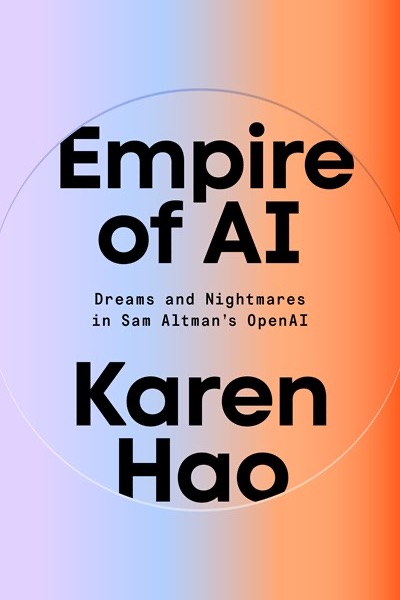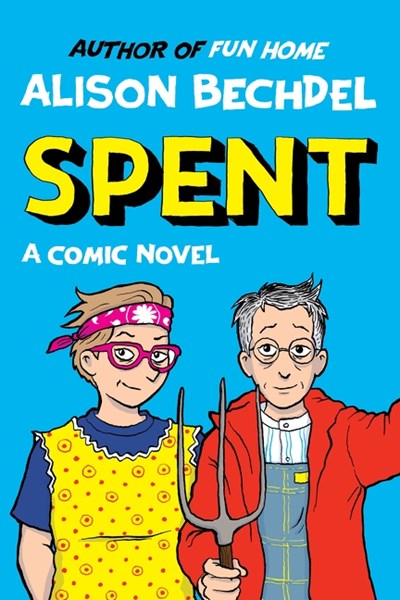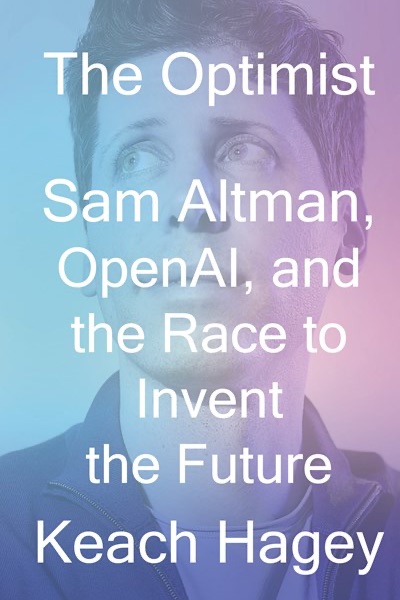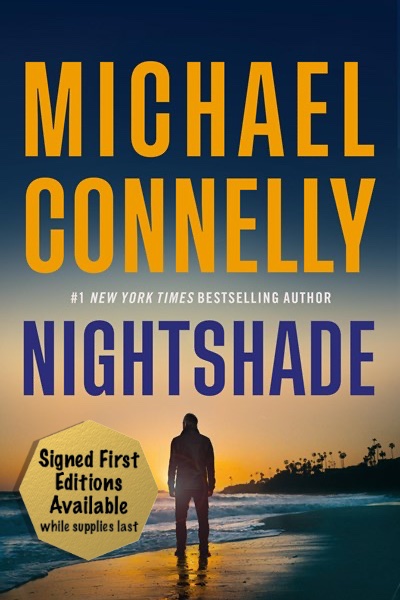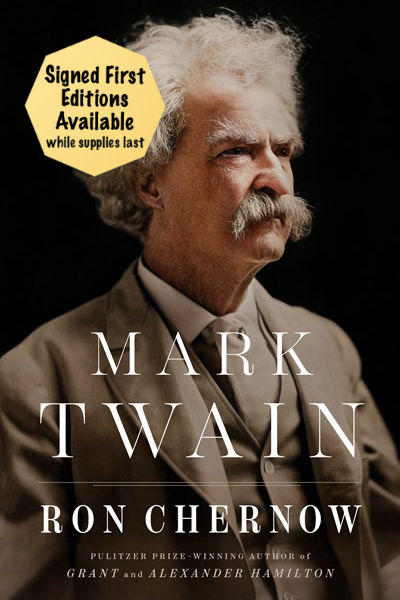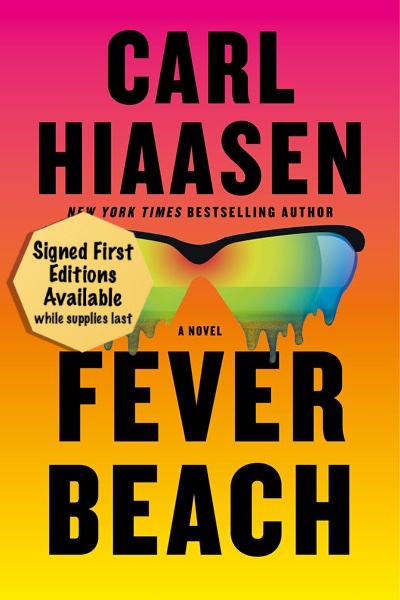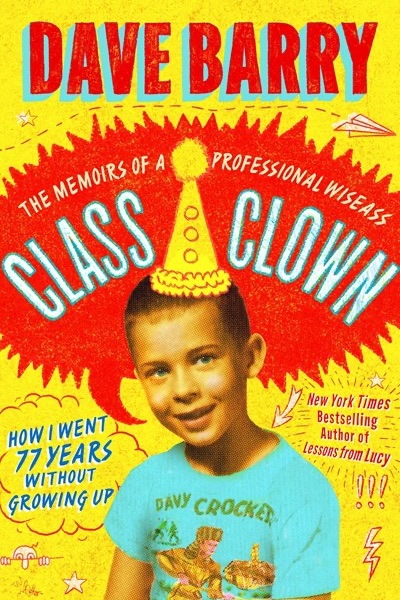A #1 Sunday Times (UK) Bestseller • A New York Times “New Nonfiction to Read This Spring” Recommendation • A Guardian “Nonfiction to Look Forward To in 2025” Pick • A Washington Post “Book to Watch For” in 2025
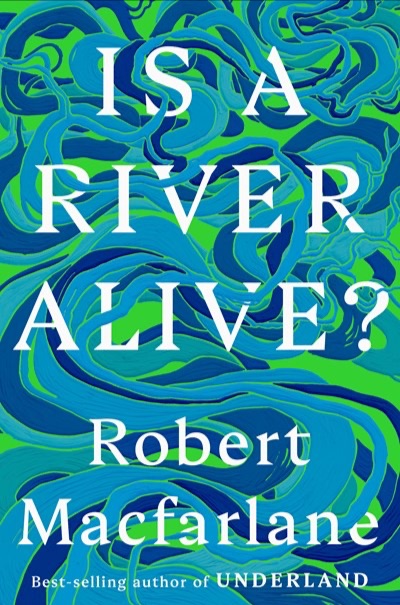
• A Financial Times “What to Read in 2025” Selection • A Goodreads Most Anticipated Book of 2025
From the best-selling author of Underland and “the great nature writer…of this generation” (Wall Street Journal), a revelatory book that transforms how we imagine rivers—and life itself.
Hailed in the New York Times as “a naturalist who can unfurl a sentence with the breathless ease of a master angler,” Robert Macfarlane brings his glittering style to a profound work of travel writing, reportage, and natural history. Is a River Alive? is a joyful, mind-expanding exploration of an ancient, urgent idea: that rivers are living beings who should be recognized as such in imagination and law.
Macfarlane takes readers on three unforgettable journeys teeming with extraordinary people, stories, and places: to the miraculous cloud-forests and mountain streams of Ecuador, to the wounded creeks and lagoons of India, and to the spectacular wild rivers of Canada—imperiled respectively by mining, pollution, and dams. Braiding these journeys is the life story of the fragile chalk stream a mile from Macfarlane’s house, a stream who flows through his own years and days.
Powered by dazzling prose and lit throughout by other minds and voices, Is a River Alive? will open hearts, challenge perspectives, and remind us that our fate flows with that of rivers—and always has.




